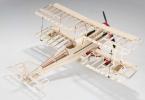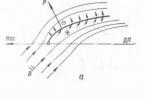Moldova is not a full member of the European Union, however, many people, including residents of the Russian Federation, seek to obtain its citizenship. You can get a passport of this country for various reasons. It is recommended that you familiarize yourself with the citizenship procedure in detail in order to be prepared for all stages. Some people wonder if a person can get Moldovan citizenship, having Russian. The answer to this question will be given in the article.
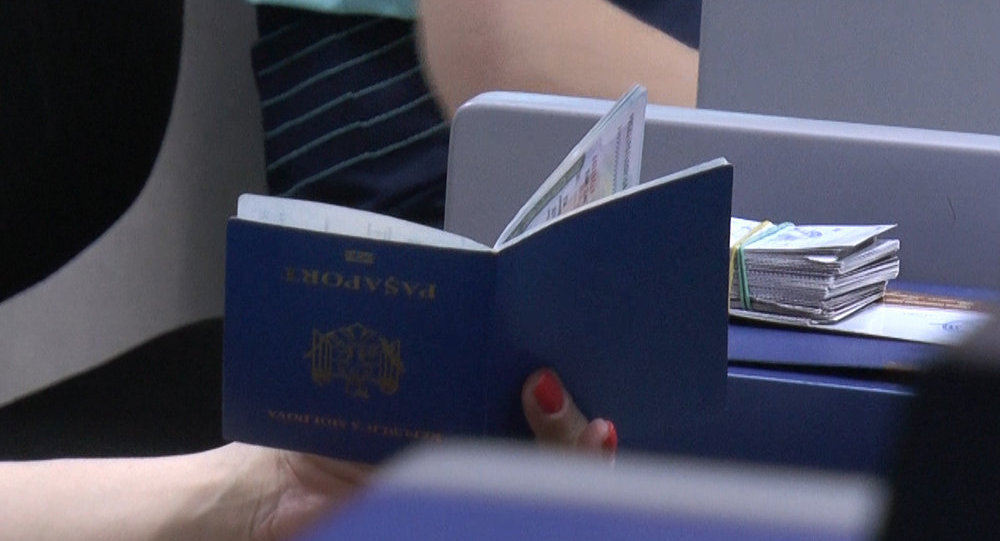
Citizenship Rules
In 2017, in order to acquire Moldovan citizenship, you will need to have reasons for this, as well as meet the established requirements. Without this, the application will be denied, and the person will either have to return home or try to fulfill the conditions.
Reasons:
- Born in Moldova or outside of it, but in a family of persons with Moldovan passports.
- Adoption. An adopted child can obtain Moldovan citizenship if the new parents are citizens of this country. Also, foreigners who have adopted a Moldovan baby can apply for a passport.
- Recovery. If a person previously had Moldovan citizenship, and then renounced it, he will be able to go through the restoration procedure. And it does not matter whether he issued a passport of the Russian Federation or another country. The procedure will be available in any case.
- Repatriation. Suitable only for Moldovans who, for some reason, were forced to leave their homeland. If they can prove their involvement in the nation, they will be able to quickly return to Moldova.
- Naturalization. This process is available to all foreigners, including Russians. It will be enough to fulfill the established requirements, and then it will be possible to apply for a passport.
Each candidate must be of legal age and capable. It will also be required that a person undergoing naturalization has lived in the country for 10 years or more. For refugees, the term has been reduced to 8 years. Married to a local resident, you will need to live in the state for at least 3 years. It is important to know the Constitution, the national language, history and be a good citizen. If a person is not of retirement age, then he will have to find an official job. Provided that the basic requirements are met, a person will be allowed to enter citizenship.
Is dual citizenship allowed?
Moldova is one of those countries that do not prohibit a person from having two citizenships at once. However, not everyone can keep a second passport, but only those who meet the conditions. The rest will still have to renounce Russian citizenship.
First of all, people who have relatives in Moldova can apply for dual citizenship. And it doesn't matter how close they are. The main thing is that family members are indigenous people of the country.
Also, individuals who lived in Hertz, in the north of Bukovina or in Bessarabia before 1940 can count on dual citizenship. The descendants of these people also have this right, if they can document their relationship.
The rest will have to give up their old passport in order to obtain a new one. The only exception is the case when a person cannot renounce his previous citizenship for reasons beyond his control.
Getting a passport
 When all the conditions are met, a person from the Russian Federation can apply to the body dealing with migrants. The application must be of a certain sample, which will be issued in public service. Also, in order to obtain citizenship of Moldova, a Russian will need to provide certain documents.
When all the conditions are met, a person from the Russian Federation can apply to the body dealing with migrants. The application must be of a certain sample, which will be issued in public service. Also, in order to obtain citizenship of Moldova, a Russian will need to provide certain documents.
You will definitely need to write an autobiography in which you describe your activities, important life moments, and also mention the composition of the family. It is forbidden to lie about yourself, as this will result in your application being denied.
List of documents:
- Russian national passport.
- Foreign passport (if any).
- Photos 3 by 4 cm.
- Marriage certificate.
- Receipt of payment of state duty.
- Official papers confirming belonging to Moldovans.
- Military ID (for men of military age).
- Certificate of no criminal record.
- Renunciation of former citizenship (if necessary).
- Birth certificate.
An application for admission to citizenship will be considered for 1 year. A person will only need to wait for an answer and at this time not violate the law. If there are reasons for refusal, then the passport will not be issued. In this case, you can either challenge the decision in court or reapply later. If everything goes as it should, then a person from the Russian Federation will be able to acquire a Moldovan passport and become a full-fledged resident of the country.
Attention! Due to recent changes in legislation, the legal information in this article may be out of date!
Our lawyer can advise you free of charge - write a question in the form below:
If there is a need to draw up papers for restoration or obtaining citizenship, or for, then it is best to contact the embassy or consulate of this republic for advice.
After it was abolished, the Moldovan passport became very popular, especially among those states that do not have such advantages. Visa-free relations with Europe attract many, and therefore the issue of obtaining Moldovan citizenship for residents of the Russian Federation has become very, very relevant.
Moldovan legislation provides for various ways to legally obtain a Moldovan passport, which will allow a person to enjoy all the rights of citizens of the country. Among these reasons are:
- birth on the territory of Moldova;
- adoption (foreign parents who have adopted a child with Moldovan citizenship have the right to citizenship, as well as children from other countries adopted by residents of the country can exercise this right);
- repatriation (under certain circumstances);
- restoration of citizenship (if there is evidence);
- naturalization (subject to confirmation of certain conditions).
In the first four cases, the candidate for citizenship is in some way (little dependent on him) connected with Moldova, which means that the authorities will be very supportive.
Those who will receive a passport in the naturalization process must meet certain conditions, the main ones are:
- the person who applies for citizenship and passport must be over 18 years old;
- a future citizen can be born anywhere, but must live in the republic for at least 10 years, or be married to a citizen of the country for at least 3 years;
- a refugee can also be a potential citizen of the country, if he has an official status and has been legally residing on the territory of Moldova for at least 8 years;
- Moldovan citizenship and a passport can only be obtained if there is a legal source of income;
- knowledge of the Moldovan language and the Constitution will certainly be required;
- it is necessary to have the status of a decent member of society, which is possible only if there are relevant documents;
- if you have citizenship of other countries, they will have to be abandoned.
Language proficiency is assumed at a basic level - a person must be able to read, write and speak, understand what is said, freely participate in solving everyday, social and bureaucratic issues.

- Dual citizenship in Moldova is possible. Historically, dual citizenship for Moldovans is not uncommon. However, there are certain conditions for obtaining dual citizenship.
- Get - Russia and Moldova - can those citizens who have relatives (no matter, the first stage or any other) among the indigenous citizens of the country.
- Dual citizenship is possible for those who lived in the north of Bukovina, in Hertz or in Bessarabia before 06/28/1940 (the descendants of these people can also apply for dual citizenship).
Citizenship procedure
Experts recommend that you familiarize yourself with the legislation, especially with the chapter that talks about citizenship. This will help you understand the specifics. The next step is the application. It is necessary to fill in the documents - their samples are in the passport departments or on the website of the migration department. After that, a package of documents is collected, which, if necessary, should be translated and filled out by a notary.
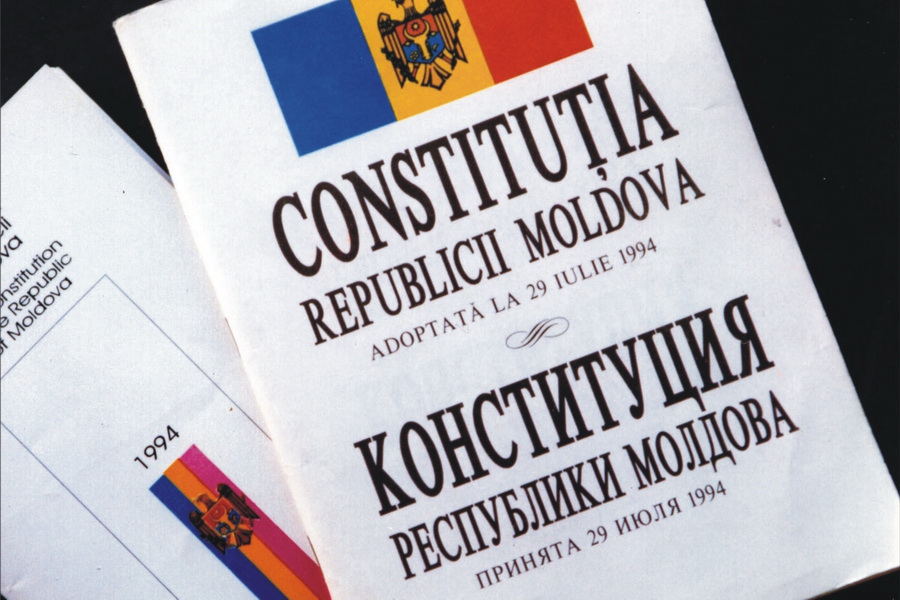
At the next stage, it is necessary to draw up an autobiographical document, which will reflect the main aspects of the candidate's life. It describes in detail the activities that occur during the stay in the Republic of Moldova. The autobiography is accompanied by a certificate of family composition, as well as two photographs and receipts from payment of state duties.
Documents certifying education and work should also be attached. If there is no work for any reason, then it is necessary to provide actual proof of financial stability - the source of income must be legal.
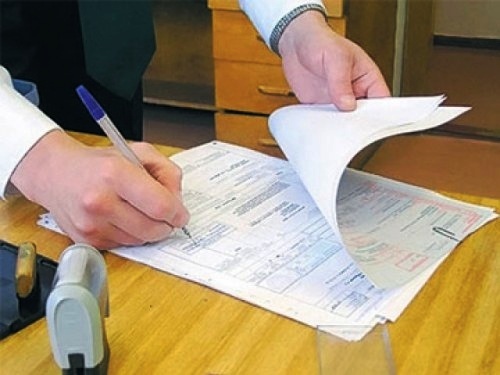
If there is a child older than 14 years old, then it is necessary to obtain his consent to change citizenship (the consent must be certified by a notary). If the child is younger than the specified age, then the second parent provides his own consent to change the citizenship of the child or to dual citizenship.
Another important stage is the state exam for knowledge of the language and state foundations.
After all the documents are prepared, it is necessary to hand them over to the passport office. In the event that the answer is positive, the newly-made citizen of Moldova takes an oath and applies for a passport.
Travel to Moldova
Starting from April 2014, citizens of Moldova enjoy the opportunity of visa-free visits to the EU countries. However, EU government officials have repeatedly acknowledged that biometric passport does not make it possible to enter the EU countries completely unhindered.
The liberalization of relations between the EU and Moldova does not mean free visits at all, as the EU representatives emphasize. This is just a mutual simplification of visa relations. For example, some countries will require medical insurance destination country.
They also note the severity of the border guards. In addition to a biometric passport, the border service requires a return ticket, evidence of the citizen's financial independence, as well as an invitation or a guarantee document of a different kind. If you carefully look at, and the list of documents for obtaining visa document, there is practically no difference.
Freedom of movement here is more than nominal, the only advantage of such liberalization was the speed of crossing the border as such. If earlier it was necessary to pay a visa fee and wait for clearance, now all this is done at the border within a few minutes.
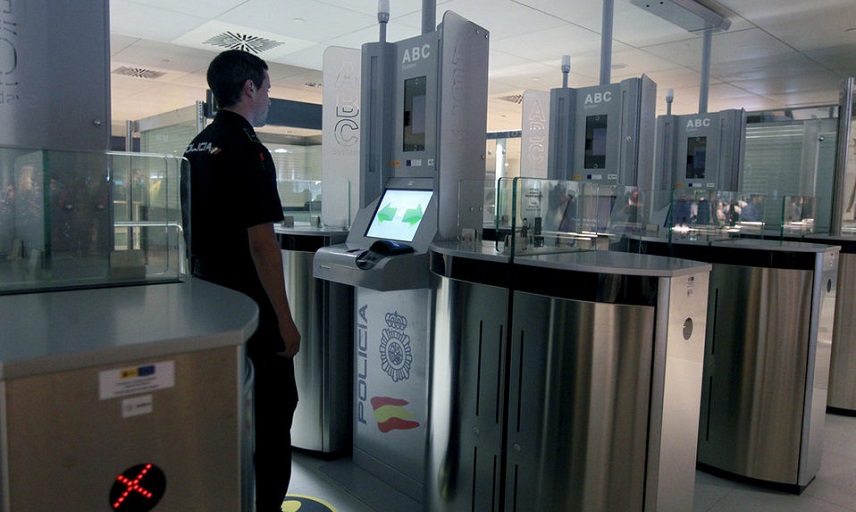
Also representatives border service has the right to demand vouchers or invitations that can confirm the ability to provide housing for the duration of their stay in the country.
It must also be remembered that all EU countries have the right to protect themselves from visiting unwanted persons. These include those who may cause a potential danger to society and public order who can compromise the safety or harm the health of the community.
In other words, those who violated (which is probably mentioned in the SIS - the information base of the Schengen zone) will be restricted from entering.
In April 2014, the EU introduced a simplified border crossing regime for the first time with a member of the former Soviet “ eastern bloc". Citizenship of Moldova made it possible for residents of this state to visit the Schengen zone without a visa. This dramatically increased the popularity of the Republic of Moldova (RM) as a country for second citizenship, among our compatriots as well. How to travel freely to Europe with a biometric passport, bypassing bans and sanctions, and at the same time remain a Russian?
Citizenship of the Republic of Moldova through naturalization
Issues of nationality in Moldova are regulated by the Constitution, international treaties, the law "On Citizenship of the Republic of Moldova" (No. 1024-XIV), adopted on June 2, 2000, and related legal norms. The Republic does not have any agreement with the Russian Federation regarding issues of nationality. A Russian can become a citizen of Moldova:
- by birth (a minor born in the territory of the Republic of Moldova may claim the status under the “law of the soil”);
- as a result of adoption;
- by confession;
- after the restoration of citizenship;
- as a result of naturalization.
It is impossible to buy the status of a citizen of the Republic of Moldova, as well as the Russian Federation. For persons who have not previously been associated with Moldova in any way, the last option is suitable - the admission of foreigners to citizenship after submitting an application and the necessary package of documents. This procedure is covered by Art. 17 of the Law. It defines the conditions for naturalization:
- legal and continuous residence in the Republic of Moldova for: 10 years - general requirement; 8 years - for stateless persons, refugees, including political ones; 5 years before coming of age; 3 years for those who were married, live with children or parents-citizens of the Republic of Moldova;
- knowledge of the foundations of the Constitution of the country;
- the presence of a legitimate source of income (these are: wages, profit from business activities, benefits, scholarships, alimony, deposits in a bank account);
- successfully passed the Romanian language proficiency test (Moldovan, as it is called in the Constitution; they are almost identical). Art. 18 says: sufficient knowledge of the language is the ability to understand information of everyday and cultural purposes, to participate in communication, to read, to write. Passing the test is not required from pensioners by age and disabled people with permanent disability;
- integrity, no criminal record.
A foreigner who wants to obtain a passport of the Republic of Moldova through naturalization is obliged to renounce other citizenship.
Dual citizenship for residents of the Russian Federation
Does the admission to citizenship of the Republic of Moldova through naturalization always entail the need to renounce the citizenship of the Russian Federation? Russian legislation separates the double and. So, Tajiks and Turkmens can become dual nationals in the Russian Federation, since our countries have signed international agreements on issues of statehood.Second citizenship, third citizenship, etc. are not forbidden, but a foreign passport will not have legal force in Russia. A person who is a citizen of the Russian Federation and the Republic of Moldova at the same time is perceived by us only as a Russian. In Moldova, dual citizenship is also not prohibited. Ch. IV of Law No. 1024-XIV states that this right can be exercised by:
- Moldovan children by birth or adoption;
- citizens whose spouse (wife) is a foreign citizen;
- persons in respect of whom an international treaty is in force;
- aliens who are not allowed to renounce citizenship by the laws of their country.
Also, the requirement to renounce Russian citizenship can be avoided by using the right to citizenship by recognition. Even those who live outside the Republic (in the Russian Federation, for example) can apply for membership:
- persons who were born in the Republic of Moldova or those whose ancestors (blood relatives in a straight line) were born on its territory;
- those who before 06/28/1940 lived in Northern Bukovina, Bessarabia, MASSR, Hertsa district and their descendants (if registration is in Moldova);
- those who themselves or were forced to leave the Republic of Moldova after 06/28/1940 are their descendants.
That is, any Russian who was related to the Republic of Moldova in the past has the right to obtain Moldovan citizenship by recognition, without leaving the Russian Federation - through a diplomatic mission or consulate. , he must inform the territorial department of the Main Department of Internal Affairs of the Ministry of Internal Affairs about this within two months.
The procedure for obtaining citizenship of the Republic of Moldova
A package of documents for entry into citizenship is submitted:
- to the regional department of the Ministry of Information Technologies and Communications (special department - CIRC "Registru");
- V The Consular Section diplomatic missions of Moldova.
What should be collected in order to become a citizen of the Republic of Moldova through naturalization (Article 32 of the Law)?
- Application written to the President of the Republic.
- Document on payment of state duty and consular fee.
- An autobiography containing information about the period of stay in the Republic of Moldova (date of residence permit and its foundation), marital status, education and employment, relatives, place of registration.
- 4 photos of the established sample with a size of 4.5 * 3.5 cm.
- Certificate of income from work, educational institution, bank statement confirming a legitimate source of livelihood.
- Statement of marital status.
- Certificate of successful completion of the language proficiency exam.
- Copy of foreign passport and residence permit, identity card for stateless persons and refugees.
- Non-conviction document.
- Information on the duration of stay in the Republic of Moldova from the State Population Register or another document confirming this.
- A letter of guarantee stating that the applicant intends to renounce his nationality.
- Marriage certificate and other documents that will be required to make a decision.
If a person claims Moldovan citizenship by recognition, instead of a certificate of withdrawal from citizenship, he provides a document proving his rights to the status. These can be certificates of marriage, death, birth, name change, deportation, which trace the line from the applicant to his Moldovan ancestor (sometimes such certificates are made in the archives of the registry office).
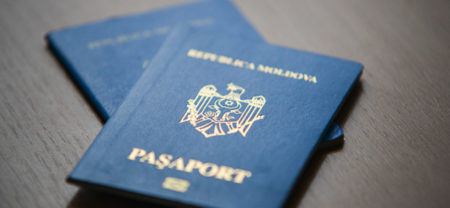
The application is considered no more than a year after the submission of all documents. After a positive decision, the applicant will take an oath of allegiance to the Republic and receive a biometric passport.
Biometric passport of the citizen of the Republic of Moldova
According to Art. 5 RM - confirmation of his status. From 01.01.2011, the State Enterprise CSIR “Registru”, operating from the Ministry of Information Technologies and Communications, makes only biometric documents containing fingerprints, blood group data and a digital photograph. From 01.01.2012 such passports are also issued abroad.
Since 2014, citizens have been receiving biometric passports of a new format, burgundy (previously light blue) with a special symbol, coat of arms and the words "Passport" and "Republic of Moldova" in Romanian. The substrate contains a chip with an operating system that provides an increased level of security. Only with a biometric passport, citizens of the Republic of Moldova can travel around Europe within the Schengen zone without a visa.
A biometric document is issued by the TSIR "Registru" or in the diplomatic mission personally in the hands of a citizen. What do you need to take with you?
- The application form is signed in person in front of an employee of the Central Research Institute or the consulate.
- Photos, 4 pcs.
- Certificate of assignment of state affiliation.
- Military ID, diploma, pension certificate (according to circumstances).
- Information about the blood group.
Production time for a biometric passport - from 3 to 30 days; depending on the urgency, the citizen pays its cost.
How to renounce citizenship
The entry of a person into the citizenship of another country does not mean the automatic loss of citizenship of the Republic of Moldova. It is possible to renounce statehood. The following documents will be required:
- application form written to the President of the Republic of Moldova;
- autobiography;
- information about the composition of the family;
- a letter of guarantee that the Moldovan will become a citizen of another country;
- birth certificate;
- 4 photographs of the established sample;
- payment document for payment of duty.
An application for renunciation of Moldovan citizenship is considered within a year. If, after a positive decision, the applicant has not received the affiliation of another state (became stateless), the resolution of the President is recognized as invalid and the person is restored as a citizen of the Republic.
In 2015–2017 an interesting situation has arisen. Moldovans want to leave for the Russian Federation, work and remain as equal citizens. Our compatriots, on the contrary, strive to make a biometric passport of the Republic of Moldova as a “ticket” to visa-free Europe. There has been a sharp increase in the number of proposals for organizing “family ties” for dual citizenship which is illegal and punishable criminal liability. Those who are going to receive a new state affiliation are advised to be careful and strictly comply with the laws of both countries.
You will also be interested
How to get a Moldovan passport? What documents are needed and where to apply? What is an ID card? All these questions are answered in this article.
Citizen's identity card Republic of Moldova can be of two types: a passport and an electronic ID card with a chip.
Passport of a citizen of the Republic of Moldova
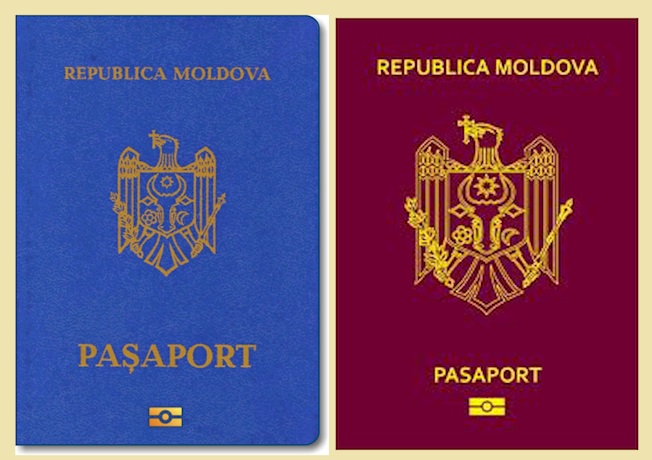
Issued from birth for a period of 4 years. Then, upon reaching the age of 7 years, the passport must be renewed every 7 years. In Moldova, there is no such thing as a passport, so a general identity card is used both for leaving and entering the country.
In 1995, a blue cover passport was introduced without a chip or biometrics. Since 2008, the Moldovan passport had the same appearance, but had new features. It included the owner's biometric data (color photo, fingerprints and blood type).
Since 2014, a crimson color sample with biometric indicators and a chip has become the main identity document.
List of documents for the civil passport of Moldova.
- Valid proof of identity.
- Previous passport (in case of theft, an application must be submitted).
- A certificate verifying the blood group.
- Check for payment of state duty.
- Confirmations indicating various benefits (corresponding to Moldovan legislation).
A general passport of a citizen of Moldova is issued personally to the applicant against signature, or to a legal representative if he provides a valid power of attorney from the applicant.
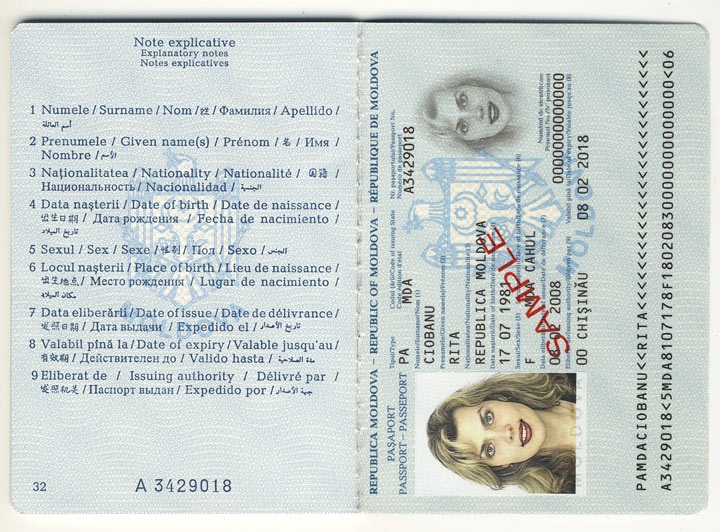
ID card - electronic identification with a chip
An ID card or identity card of a citizen of the Republic of Moldova has been put into circulation since March 2013, has a chip with the indicated biometric data of the owner, is issued at the request of a citizen.
This identity card can only be provided after reaching the age of 16, then exchangeable at 25 and 45 years old, and then issued indefinitely.
If a citizen of Moldova did not previously have an identity card, then a written application for the issuance of an electronic certificate is submitted in person at the passport office at the place of residence or registration. Otherwise, if the applicant was the owner of the identity card, then he has the right to apply to any branch of the passport office.
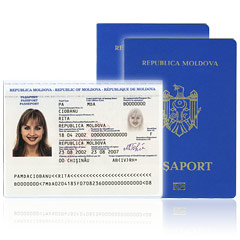
List of documents for ID card.
- Identity certificate to be replaced.
- Birth certificate.
- Evidence confirming the conclusion / dissolution of marriage.
- Spouse's death certificate.
- Documents confirming the birth of children (under the age of majority).
- Documents confirming the loss or theft of an identity certificate.
- Certificate verifying the applicant's blood group (in case he did not have a biometric passport sample earlier).
- Documents to indicate the address of residence (registration) or change the address of residence.
- Check for payment of state duty at the specified rate.
An electronic certificate is obtained at the place of submission of documents, the ID card is issued personally to the applicant and is confirmed by a signature.
How to get Moldovan citizenship
Conditions under which you can apply for Moldovan citizenship.
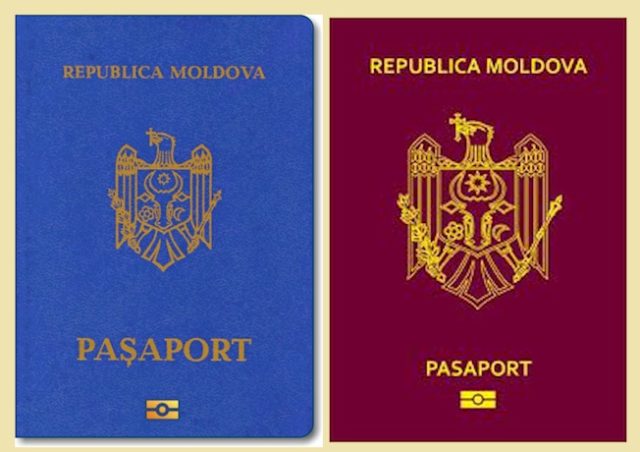
- Age over 18 years.
- Residence in the country for more than 10 years, or marriage to a citizen of Moldova.
- Staying in the country for more than 8 years on refugee status.
- Confirmation of material wealth obtained legally.
- Sufficient understanding of the Moldovan language (the ability to maintain a conversation, competent writing).
- Knowledge of the Constitutional Orders of the Republic.
Documents required for obtaining citizenship.
- Application (the required sample can be taken at the passport office or on the official website of the Moldovan immigration service).
- Autobiography. When compiling it, it is necessary to mention different kinds activities carried out by the applicant while in the country.
The application and curriculum vitae must be completed in Russian and Moldovan. - Information about family members. (Required if the applicant has children and a spouse).
- Birth certificate, passport, passport.
- Marriage/divorce documents.
- Certificate of good conduct.
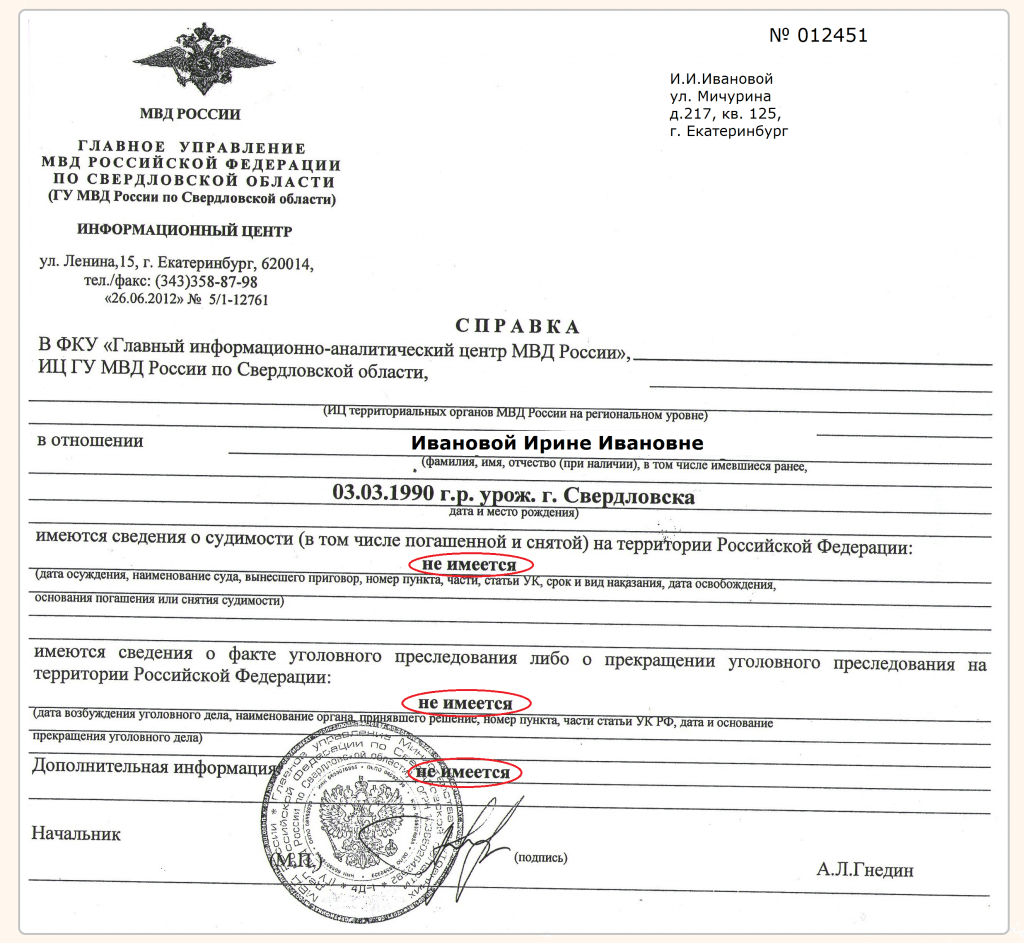
- A document confirming study or work.
- Information about financial income.
- 2 photos.

- Check for payment of state duty.
- Certificate confirming the passing of the exam for knowledge of the Legislative Framework and the state language.
Having collected a package of documents, you must take it to the passport office and wait for a decision. With a positive outcome, the applicant will be required to swear an oath to the new state and apply for a general passport.
There are several situations in which you can become a citizen of Moldova under a simplified scheme.
- Birth on the territory of the Moldavian Republic.
- Adoption.
- Restoration of citizenship.
- Repatriation (return to home).
Citizenship of Russia and Moldova can be obtained by the following categories of persons:
- Anyone who was born in Moldova or has at least one relative in civil status.
- The one who lived in Moldova until 20.6.1990 and lives there now.
- Those who lived in Bessarabia, Hertz, in Bukovina or on the territory of present-day Transnistria until 28.6.1940 and their descendants.
- Those who were expelled from Moldova after 6/28/1940, as well as their descendants.
Because visa regime with the European Union was canceled, the interest of Russians in Moldovan citizenship has grown significantly. And this is understandable, because calm and measured European life becomes more and more attractive. And beautiful Moldova, with its rich history, sights and breathtaking nature, is better than anyone else for such a life.
Moldova today is one of the promising countries that has chosen a course for the actual European integration. Thanks to the pro-European direction, the Government of the Republic has already carried out a number of reforms aimed at improving economic and political stability. A vivid example of this is the free and democratic early elections of members of parliament, held in compliance with international norms and standards. According to the President of the European Commission, José Manuel Barroso, Moldova is on the right track and closer than ever to strengthening democracy. It approaches modern European standards.
The main feature in this country is the simplicity of their design. Personally, I suggest Moldova through . for the shortest possible period of time.
Who can get republics?
The following citizens can obtain citizenship of the Republic of Moldova:
- living since June 28, 1940 and until the entry into force of the law in the north of Bukovina, in Bessarabia, the MASSR and in the Hertsa district (including their descendants and close relatives);
- born within the republic (this also includes people whose one of the family members or close relatives was a citizen of Moldova);
- entered into a marriage union with Moldovans before June 1990, who returned to the country as a result of state or military conscription;
- living on the territory of the republic until the day of the independence of Moldova (until June 1990).
What are the grounds for obtaining citizenship?
Among the grounds according to which you can, the following can be distinguished:
- at birth;
- after the legal procedure of adoption (adoption), guardianship;
- due to repatriation;
- after admission to citizenship;
- after the reinstatement procedure.
How is citizenship admitted?
Registration of civil status occurs on the basis of the above rules. But what about people who do not have relatives and acquaintances in Moldova, and also none of the above-mentioned rules for obtaining citizenship is valid? There is an exit. I will help you with this!
According to the current legislation of Moldova, foreign citizens from the age of 18 (including persons who do not have a civil status at all) have the right to citizenship and a residence permit, under the following conditions:
- if they have been living in the territory of the republic for at least 10 years;
- have permanent place residence;
- are married to citizens of Moldova (from 3 years);
- have a permanent source of income in the Republic (not contrary to the law);
- own on high level Moldovan language;
- understand the legislation and the Constitution of the country;
- honor the traditions and orders of the Republic, and have repeatedly proved their devotion and loyalty to the state;
- who decided to renounce the citizenship of their native country in favor of the citizenship of Moldova.
What documents are required to obtain citizenship?
In order to obtain the civil status of the Republic of Moldova, it is necessary to collect the following package of documents:
- characteristics (biography indicating the place and time of birth, availability of education, as well as the place of residence in Moldova, activity and date of arrival or departure from the country (if you previously lived in the territory of the Republic and were forced to leave it);
- photo 35 x 45 mm (in the amount of 2 pieces);
- original birth certificate;
- original passport;
- original marriage or divorce certificate;
- original birth certificates of minor children;
- original birth certificate of parents (if they were citizens of Moldova);
- original death certificate (if relatives who were citizens of the Republic died suddenly);
- original certificate of no criminal record.
In addition to these documents, it is necessary to write an application (in Russian and Moldovan) for citizenship or a residence permit indicating the justification (for example, unity with the family) and pay a state duty of 150 lei (if paid at the MFAEI), or about 10 euros (when paid at the diplomatic mission of the Republic of Moldova outside the country). If your documents from the above list are presented in another language, for example, in Ukrainian or Romanian, then in addition to everything, you are required to provide their notarized translation.


